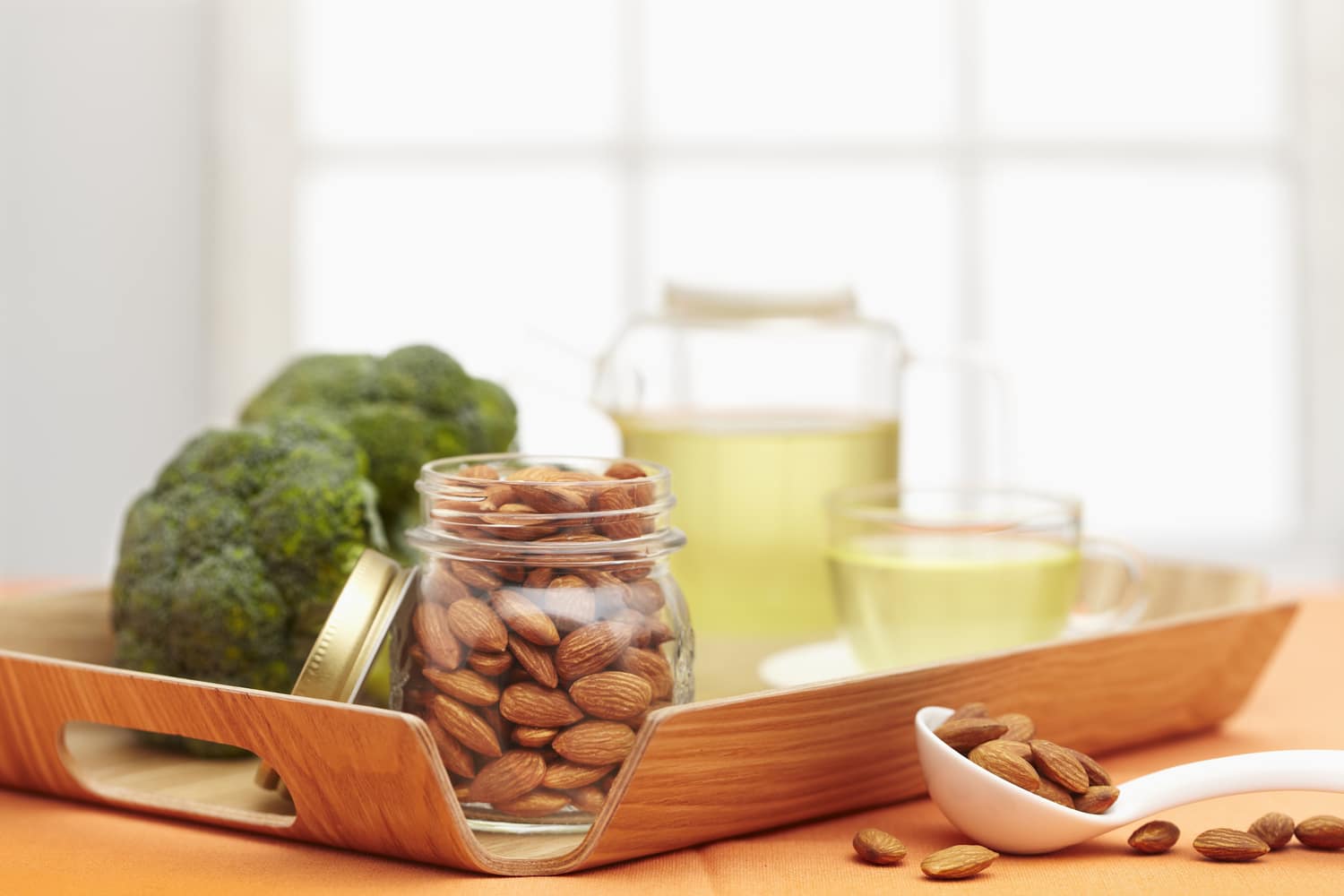PCOS Diet: What To Eat, What To Avoid – Blog
Polycystic Ovary Syndrome (PCOS) is a prevalent hormonal disorder that affects women globally. According to the World Health Organization (WHO), PCOS impacts around 8–13% of women of reproductive age, with up to 70% of cases going undiagnosed worldwide.
PCOS is characterized by the presence of multiple small cysts on the ovaries and can result in symptoms like irregular menstrual cycles, excessive hair growth, acne, and obesity. While the exact cause of PCOS is not completely understood, individuals with PCOS often experience insulin resistance.
Managing these symptoms and improving overall health can be achieved through a well-thought-out diet plan. Knowing which foods to include and avoid can significantly impact the management of PCOS and enhance your quality of life.
The Importance of Diet
Diet plays a crucial role in the management of PCOS. A balanced diet can help regulate insulin levels, reduce inflammation, and control symptoms such as weight gain and hormonal fluctuations. Insulin resistance, a common issue in women with PCOS, occurs when the body's cells become less responsive to insulin, resulting in elevated blood sugar levels. By selecting the right foods, you can enhance your body's insulin sensitivity, which can help alleviate some of the symptoms associated with PCOS.
A PCOS-friendly diet focuses on nutrient-dense foods that promote overall health. It is essential to incorporate foods that stabilize blood sugar levels and aid in weight management.
Recommended Foods
Effectively managing PCOS involves incorporating specific foods into your diet that can help reduce inflammation and enhance insulin sensitivity. Here are some top foods to include:
- Fiber-Rich Foods
- Fiber-rich foods can combat insulin resistance by slowing down digestion and reducing the impact of sugar on the blood. Excellent sources of fiber include vegetables like leafy greens, beans, carrots, and fruits such as guava, pomegranate, apples, and pears, whole grains like whole wheat, unpolished rice, millets, and nuts like almonds.
- Lean Proteins
- Proteins are crucial for maintaining muscle mass and supporting metabolic functions. Opt for sources such as chicken, eggs, fish, soy, dairy, and legumes.
- Anti-Inflammatory Foods
- Incorporate anti-inflammatory foods like vegetables, leafy greens, fruits, and nuts like almonds into your daily diet to help reduce chronic inflammation.
- Healthy Fats
- Healthy fats play a vital role in hormone production and overall health. Almonds, rich in healthy fats, vitamins, and minerals, can help regulate insulin levels and improve metabolic health.
Foods to Avoid
While incorporating nutritious foods into your diet is crucial for managing PCOS, it is equally important to steer clear of certain foods that can exacerbate symptoms. Here are some key foods to avoid:
- Refined Carbohydrates
- Avoid refined carbohydrates like white bread, white rice, maida products, sweets, and pastries, as they can lead to rapid spikes in blood sugar levels.
- Sugary Snacks and Beverages
- Avoid sugary snacks and beverages high in sugar, as they can worsen insulin resistance and contribute to weight gain.
- Ultra-Processed Foods
- Avoid ultra-processed foods that contain unhealthy fats, sugar, and additives, as they can trigger inflammation and hormonal imbalances.
- Trans Fats
- Avoid trans fats found in many fried and commercially baked products, as they can increase inflammation.
Lifestyle Tips for PCOS
In addition to a well-balanced diet, incorporating lifestyle changes like regular physical activity, sufficient sleep, and avoiding tobacco can significantly enhance PCOS management. Regular consultations with healthcare professionals can also aid in managing PCOS symptoms.
By combining these lifestyle tips with a PCOS-friendly diet, you can effectively manage your symptoms and improve your overall quality of life. Consistent healthy choices are key to living well with PCOS.
